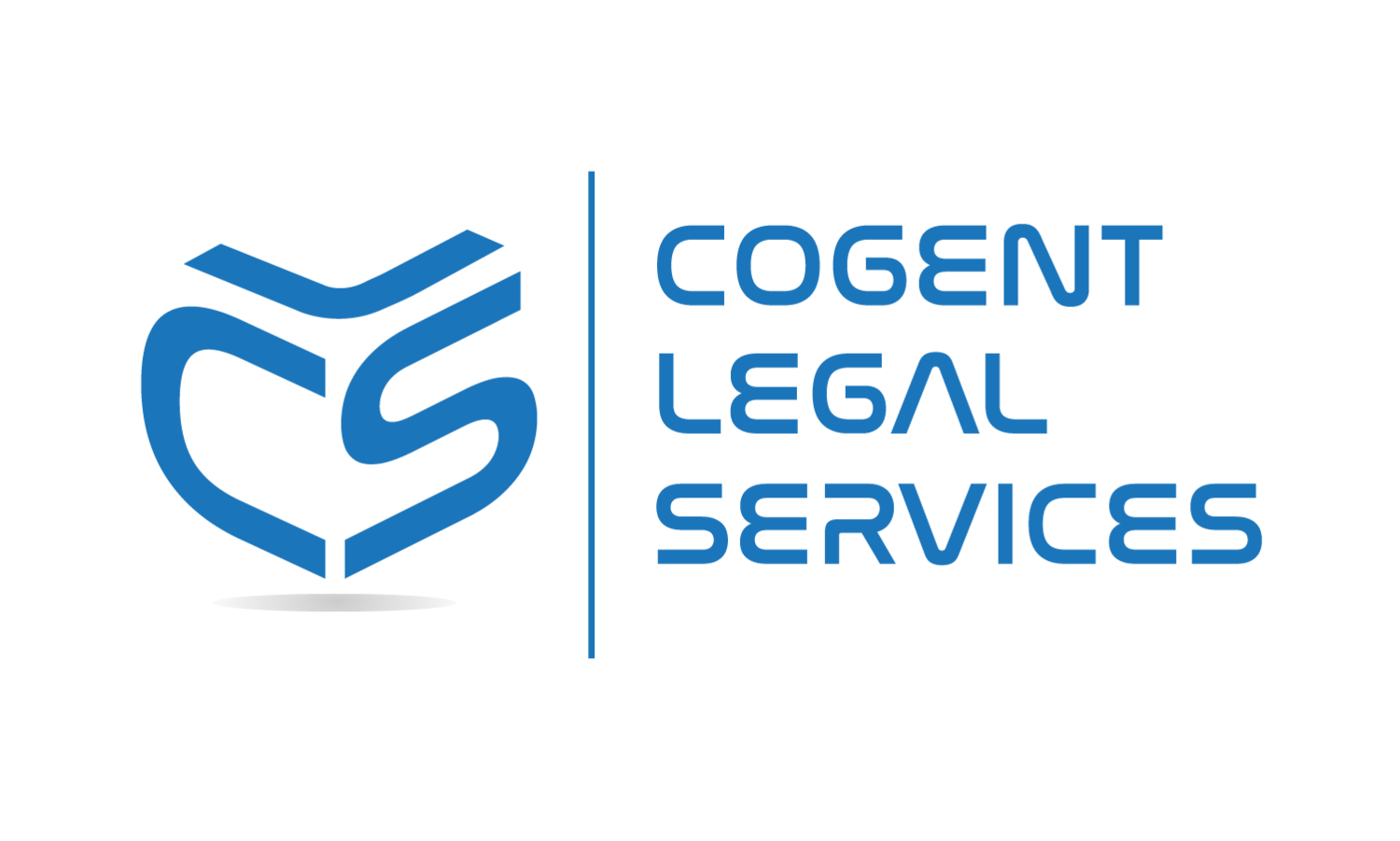How Court Reporters Can Seamlessly Transition to Legal Transcription
Introduction
Over two decades of court reporting have given me a front-row seat to a broad array of legal proceedings, ranging from gripping depositions to monumental court hearings. This exposure has enabled me to closely watch the shifting tides in our profession. One avenue that has significantly piqued my interest lately is legal transcription. The reason is quite straightforward: many of the skills honed through years of court reporting can be seamlessly transitioned to legal transcription, opening up new, lucrative opportunities. Let's delve into why this field is increasingly relevant today.
Why Choose Legal Transcription?
Legal transcription is far from a new discipline, but it's certainly gaining traction in today's ever-evolving legal landscape. With the boom of remote work and digital documentation, the demand for skilled legal transcriptionists is on an upswing and shows no signs of slowing down. If you're a seasoned court reporter looking to diversify your skill set, legal transcription presents a compelling case (see what I did there?).
Flexibility You Can't Ignore
Work from Home: Unlike traditional court reporting that often calls for your physical presence, legal transcription enables you to work remotely. Project-Based Assignments: This profession is incredibly adaptable, allowing you to choose projects that align with your schedule. A flexible work environment is often a godsend for those seeking a better work-life balance. As long as you meet your client deadlines, work at your own pace and leisure.
Expanding Client Base
Law Firms: More and more law firms are bringing transcription services in-house, diversifying your potential client base. Insurance Companies: These organizations increasingly need to transcribe interviews, statements, and other audio files, providing yet another avenue for business.
The Challenges and How to Overcome Them
Transitioning to legal transcription isn't without its challenges, but each obstacle offers a straightforward solution.
Challenge 1: Mastering the Software
The primary challenge is adapting to legal transcription software that may be different from what you've used in court reporting. Solution: Specific training programs designed for legal transcription can arm you with the technical skills you'll need.Numerous online tutorials and community forums dedicated to legal transcription are available. These are great platforms for learning at your own pace.
Challenge 2: Managing Work Volume
The nature of project-based work can result in unpredictable workloads. Solution: Clearly outline boundaries and project scopes with your clients to manage workflow efficiently. Specialize in a particular area within the legal transcription field to differentiate yourself and potentially command higher rates.
Challenge 3: Ensuring a Quiet Workplace and Proper Equipment
Ensuring a quiet workspace and investing in quality equipment is essential for accurate and efficient transcription. Solution: To eliminate background noise, consider soundproofing your workspace or using noise-canceling headphones. Invest in a high-quality, large monitor to reduce eye strain and quality headphones to ensure sound fidelity. Ergonomic furniture like an adjustable desk and comfortable chair can also contribute to a productive work environment.
Leveraging Court Reporting Skills in Legal Transcription
Your background in court reporting is a treasure trove of skills and expertise that can be directly applied to legal transcription.
Skill Transference
Shorthand Skills: If you've mastered shorthand, you have a competitive edge in capturing speech in real-time.
Legal Jargon: One of the most invaluable skills I've acquired over years of court reporting is a deep understanding of legal terminology. When you're familiar with the language, you can transcribe more efficiently and accurately. Legal terms often have specific meanings and nuances that can change the interpretation of a document. Your extensive exposure to legal jargon not only boosts your transcription accuracy but also enhances your value to clients.
Training and Certification
Legal Transcription Courses: Numerous online and in-person courses focus on legal transcription.
Certification: Though not always required, some employers prefer to hire certified legal transcriptionists. Research the certifications that will add the most value to your resume.
Conclusion: Why Legal Transcription is a Game-Changer
In the dynamic field of court reporting, adaptability and a willingness to evolve are your most valuable assets. Legal transcription offers a lucrative path for diversification. It's an avenue that leverages your existing skills while opening doors to new opportunities.
Disclaimer
The insights provided here are based on my extensive experience over two decades in court reporting. Always consult multiple sources for a well-rounded understanding of legal transcription.
Call to Action
The world of legal documentation is continuously evolving. Now is the time to embrace these changes. Whether you're considering taking up a course or making a complete career shift to legal transcription, your expertise and willingness to adapt are your greatest strengths.
Ready to explore the dynamic and rewarding world of legal transcription?
Take the plunge today!
Additional Resources
For more information and tutorials, you can refer to these trusted websites on legal transcription and court reporting:
Keep abreast of the latest trends and insights by bookmarking this page or subscribing to our Coffee with Katie court reporter blog for more information on legal transcription and court reporting.

